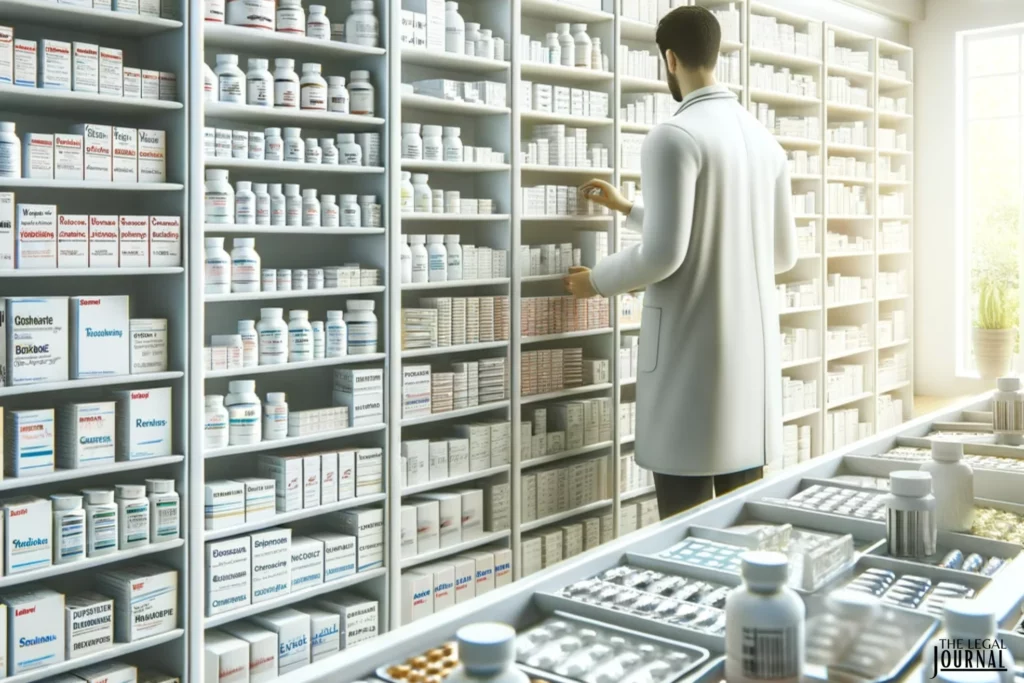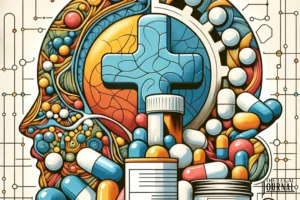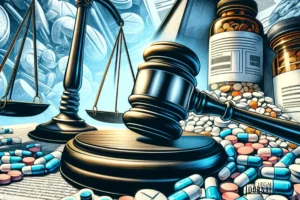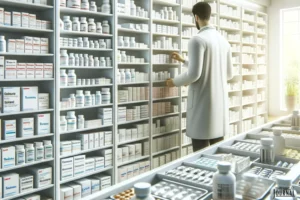Indivior’s $102.5 Million Settlement: A Comprehensive Legal Insight
In a landmark settlement, Indivior PLC has agreed to pay $102.5 million to resolve antitrust claims from 41 states and Washington D.C. This settlement, relating to the company’s opioid addiction treatment drug, Suboxone, marks a significant development in the ongoing legal scrutiny of pharmaceutical companies’ practices. This article examines the legal implications of this settlement and its broader impact on the pharmaceutical industry and antitrust law.
Key Points:
- The Settlement Background: Indivior, accused of engaging in anticompetitive conduct to prevent generic competition for Suboxone, has settled for $102.5 million with multiple states.
- Anticompetitive Strategies Alleged: Indivior allegedly switched Suboxone from tablet to film form, effectively hindering generic competition and extending its market monopoly.
- Legal Implications for Pharmaceutical Industry: This settlement underscores the legal risks for pharmaceutical companies employing strategies to stifle generic competition, potentially setting precedents for future antitrust litigation.
- Impact on Generic Drug Market: The resolution of this lawsuit could encourage more transparent practices in the pharmaceutical industry, promoting fair competition and access to generic medications.
- Future Regulatory and Legal Scrutiny: The Indivior settlement may lead to increased regulatory and legal scrutiny over pharmaceutical companies’ market practices, emphasizing the need for adherence to antitrust laws.
The settlement with Indivior averts a trial that was scheduled to start later this year and concludes a lawsuit that began in 2016. This case is distinct from other opioid-related litigations, focusing primarily on anticompetitive practices rather than the broader opioid crisis. The legal strategies employed by Indivior, particularly the switch from tablet to film form of Suboxone, were central to the allegations of anticompetitive behavior. This tactic, regulators argue, was aimed at maintaining Indivior’s market dominance at the expense of generic competition, thereby impacting the availability and pricing of generic drugs.
The resolution of this case highlights the complexities surrounding patent laws, market exclusivity, and the strategies employed by pharmaceutical companies to extend their market share. It serves as a cautionary tale for the industry, emphasizing the importance of fair competition and the potential legal consequences of attempting to circumvent generic competition.
For stakeholders in the pharmaceutical industry, this settlement is a reminder of the delicate balance between protecting intellectual property and ensuring market competition. It underscores the importance of adhering to antitrust laws and the potential financial and reputational risks associated with engaging in anticompetitive practices.
The Indivior settlement marks a significant moment in pharmaceutical antitrust litigation. It not only addresses specific allegations against one company but also sends a broader message about the importance of fair competition in the pharmaceutical industry. As such, it is a pivotal development for legal professionals, industry stakeholders, and consumers alike, highlighting the ongoing legal challenges and regulatory scrutiny faced by the pharmaceutical sector.
Citation:
Associated Press Nationwide. (2023, June 3). Maker of anti-addiction drug Suboxone reaches $102.5 million settlement over antitrust claims. NY1. Retrieved from https://ny1.com/nyc/all-boroughs/news/2023/06/03/maker-of-anti-addiction-drug-suboxone-reaches–102-5-million-settlement-over-antitrust-claims






